IEA: Europe facing disastrous gas crunch due to Russia’s supply cuts over Ukraine war
The International Energy Agency (IEA) says European nations are facing a disastrous gas crunch due to Russia’s supply cuts over the ongoing war in Ukraine.
Since the onset of Russia’s military operation in Ukraine on February 24, the United States and its European allies has unleashed waves of unprecedented against Moscow, despite its warning that such punitive measures will eventually backfire.
In a retaliatory measure, Moscow has already significantly curtailed its gas supply to Europe – through the Nord Stream 1 pipeline that transports gas from Russia to Germany – by 40 percent, which has helped to push up European and British gas prices, prompting such gas-dependent countries to desperately find alternative suppliers and ways to tackle the shortage months ahead of the winter.
President Vladimir Putin of Russia warned on May 12 that the West’s sanctions against Moscow would eventually backfire, stressing that “the continuation of the obsession with sanctions will inevitably lead to the most difficult consequences for the European Union.”
In a commentary published Monday, Fatih Birol, the IEA's executive director, warned that Europe faces a real possibility that Russia will choose to completely cut off its supply of gas, stressing that those supplies still remain vital to Europe’s economy, from households to heavy industry, even after efforts to secure alternative suppliers.
“Europe is now forced to operate in a constant state of uncertainty over Russian gas supplies, and we can't rule out a complete cut-off. It would be unwise to exclude the possibility that Russia could decide to forgo the revenue it gets from exporting gas to Europe in order to gain political leverage,” Birol said.
IEA data shows that Russian natural gas flows to the EU have fallen below 100 million cubic meters a day in July compared with flows of almost 400 million cubic meters roughly this time last year.
Birol said although European countries have already taken significant measures to move away from Russian energy suppliers, more immediate moves are needed, such as reducing demand from businesses and households.
He also outlined a five-point plan to help European countries ease the challenge, suggesting that the bloc “should temporarily speed up coal and oil-powered electricity generation, launch public information campaigns to reduce household gas demand, compensate industries for forgoing gas supplies, boost cooperation among national electricity operators, and plan for EU-wide sharing of what available gas supplies there are.”
Analysts say if Moscow chooses not to turn back on the Nord Stream 1 pipeline later this week, it could see German industrial activity contract by between 30 and 60 percent even if the nation decides to burn more coal.
Earlier this month, Yasmin Fahimi, the head of the German Federation of Trade Unions (DGB), warned that top German industries are on the verge of collapse due to cuts in Russian gas supplies.
‘French army fits in one football stadium’: Politician mocks troop deployment to Ukraine
At least 40 Palestinian journalists being held in Israeli prisons: Advocacy group
US delivers more F-35 jets to Israeli regime despite Gaza truce violations
Blair distances himself from Trump’s $1bn ‘Board of Peace’ fee
US Justice Department refuses probe into killing of Minneapolis mother
VIDEO | Israel Gaza ceasefire violations
VIDEO | Gaza Solidarity Forum in Damascus calls for boycott of Israel over Gaza genocide
VIDEO | London memorial event highlights Gaza genocide


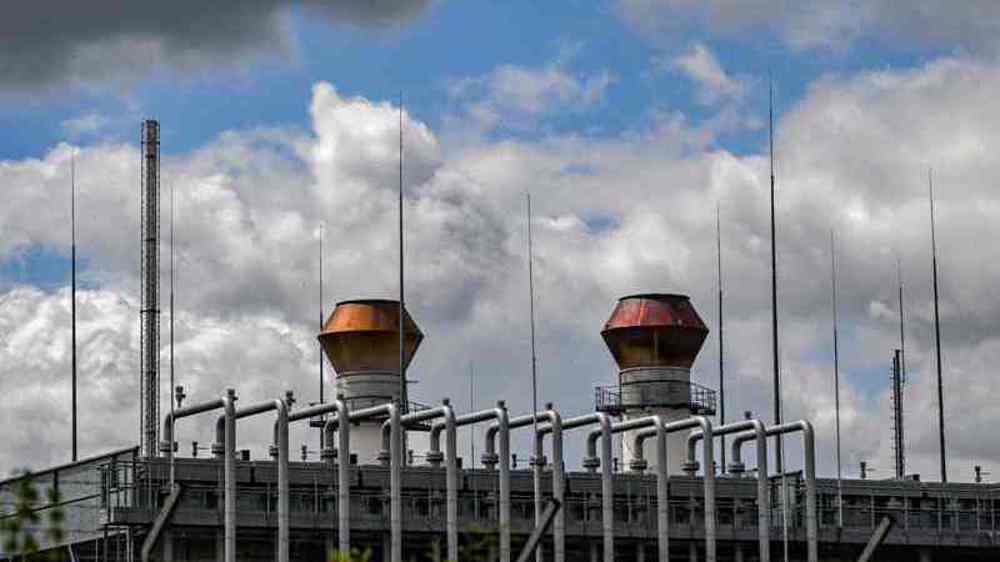
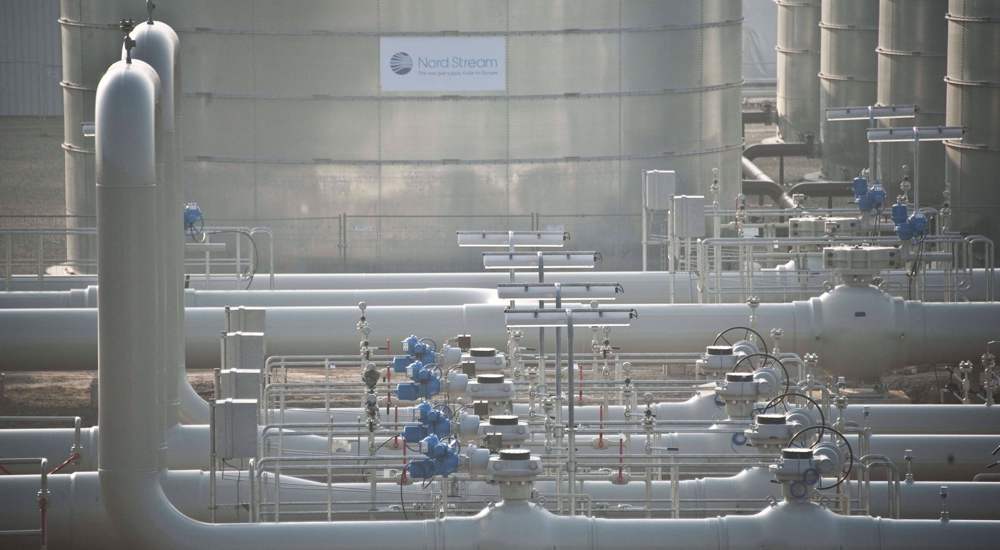
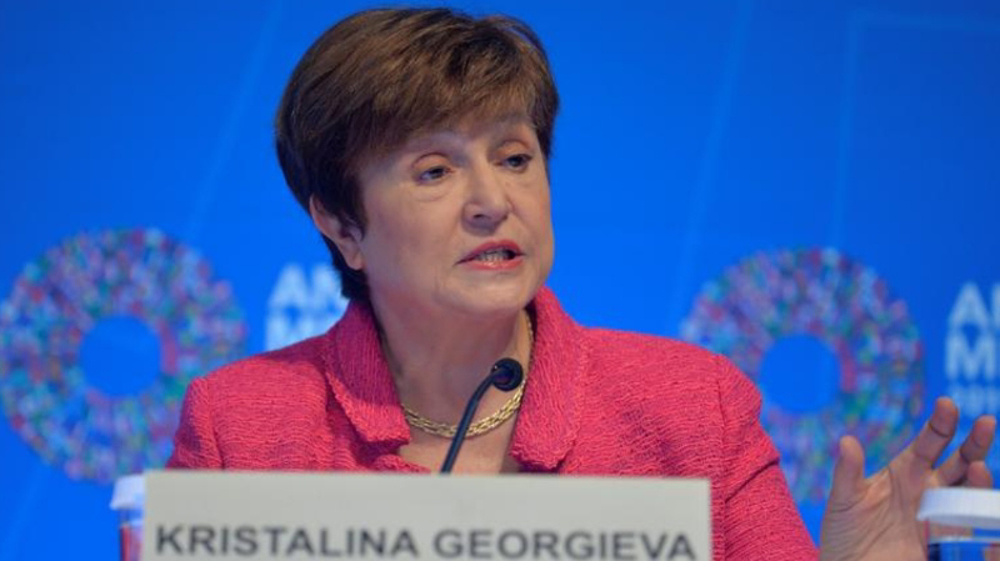
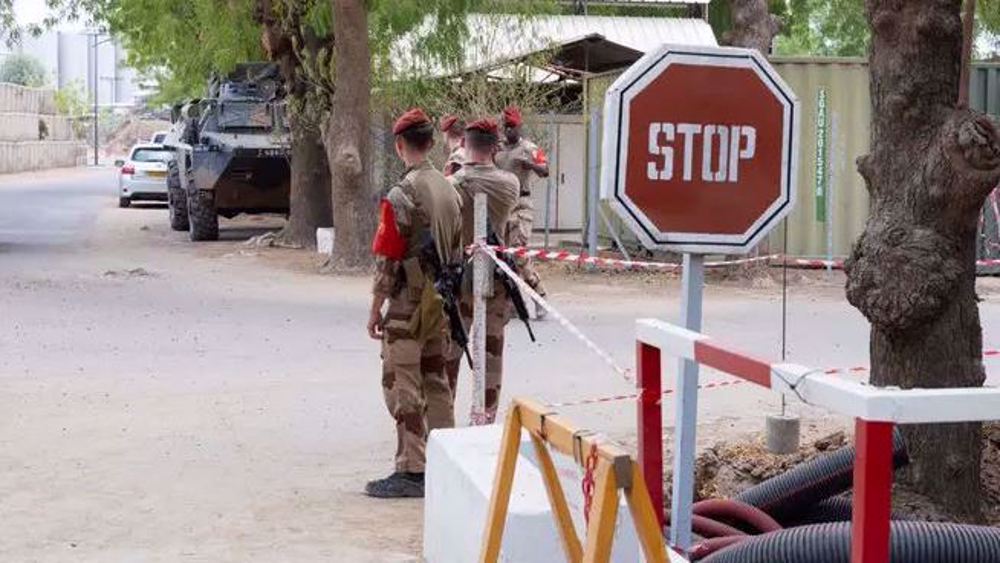
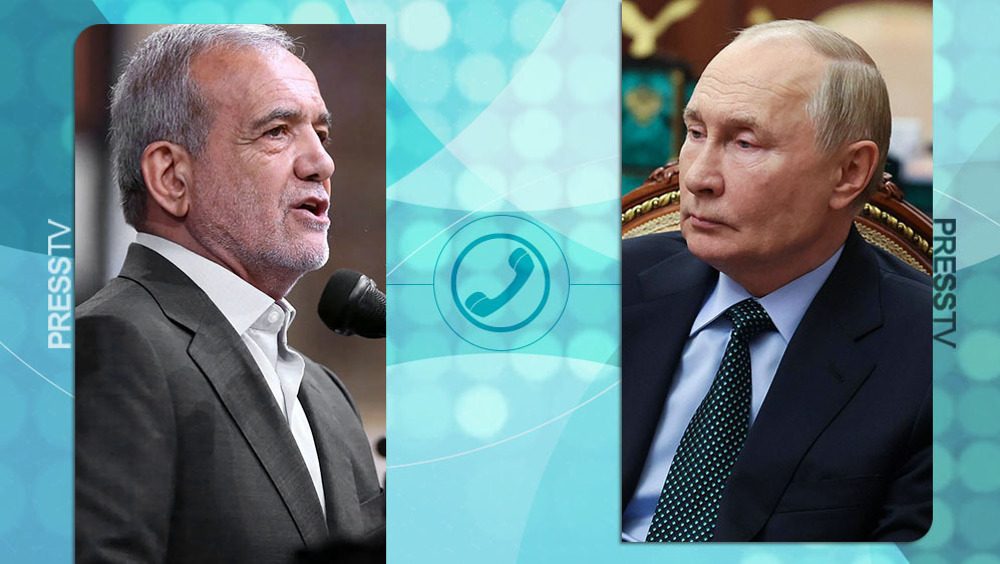
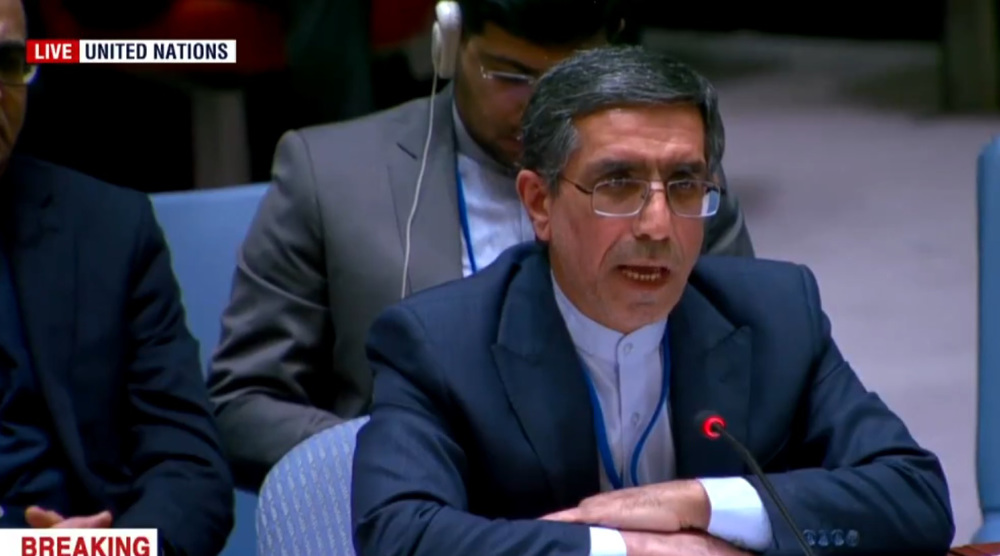




 This makes it easy to access the Press TV website
This makes it easy to access the Press TV website